Touba Azmoudeh was the founder of the Namos Girls' School and a significant figure in the advancement of girls' education in Iran.
Undoubtedly, she stands as one of the most progressive Iranian women, who tirelessly worked to establish a prestigious institution for girls.
Namos emerged as the second girls' school to be created in Tehran, following the Bibikhanam school. Despite facing immense pressures from fanatics and traditionalists, Touba courageously persevered, ensuring a quality education for her students. She was determined to create a brighter future for Iranian girls.
Born in 1878, Touba received an exceptional education from her father, Brigadier General Mirza Hasan Khan, a prominent intellectual. At the age of five, Mirza Hasan began teaching Touba, providing her the fundamentals of Persian language. Later, he found tutors to instruct her in Persian, Arabic and French.
Destiny took a turn when she married Abdul Hossein Khan Mirpanj at the age of fourteen. Despite the significant age difference between them and their childless marriage, Touba successfully convinced her husband to support her educational pursuits.
Some sources suggest that although Mirpanj provided educational opportunities for his wife, their marriage did not endure and Touba returned to her father's home. During this time she conceived the idea of sharing her knowledge with other girls and creating educational opportunities for young women. Despite not having children of her own, Touba realized that she could be a mother figure to thousands of girls confined to their homes without access to education.
When Touba decided to establish her own school, the Education Association had already been active in Tehran for several years. Led by individuals such as Mirza Hasan Rushdieh, Ehtesham al-Sultaneh and Yahya Dolatabadi, and encouraged by Amin al-Douleh, the progressive chancellor of Mozafaruddin Shah, the association had established modern preparatory schools throughout the capital and other cities.
These schools offered educational opportunities to children from middle- and lower-class backgrounds. However, these institutions only catered to boys.
Just a few religious missionary schools existed in Tehran and several other cities, providing education to girls from religious minorities and privileged backgrounds. Consequently, the majority of Iranian girls were deprived of their right to education.
During the constitutional movement, which witnessed the active involvement of women, the idea arose that, in a country where women could not vote, they could at least obtain the right to education.
Bibikhanom Estrabadi’s initial endeavor to establish a girls' school in Tehran failed, but Touba, who had been her colleague, learned from this setback and embarked on her own mission to open a second school in Tehran.
In October 1907, she established the school in her own residence, located a short distance from Yousefabad intersection, giving it the name Namos.
This name was chosen with cleverness and a deep understanding of the patriarchal Iranian society.
Just like Estrabadi, Touba faced repeated threats from conservative individuals. Nonetheless, her unwavering determination to preserve the school eventually paid off, and she succeeded in upholding its honor.
To secure the school's existence, Touba sought the backing of religious figures and scholars for her school and the education of girls. The curriculum at Namos included religious studies and house works, which were crucial components.
With the assistance of two students, she incorporated hadiths to encourage scientific learning and made the teaching of the Quran a cornerstone of the school's programs. Prayer gatherings were also held on religious occasions. It is said that she was also picky about employing male teachers.
Through tremendous effort, Touba managed to convince families to enroll their daughters. In its inaugural year, the school commenced with a small group of girls aged 7 to 12, and the number of students increased in subsequent years.
According to historical records, over the span of eight years, 3,474 girls attended her school. Inspired by this success, Touba contemplated the need for higher education opportunities for girls. In 1928, she inaugurated a girls’ high school next to Namos Primary School.
Touba died on September 25 or 26 1936 in a room adjacent to Namos school and was laid to rest in Zahir al-Douleh cemetery.
On September 26, Tehran newspapers reported, "A woman who willingly laid the foundation stone of the first girls' school has gone."
Undoubtedly, Touba was among the few women who dedicated her entire life to establishing a girls' school. She achieved this cherished dream.
visit the accountability section
In this section of Iran Wire, you can contact the officials and launch your campaign for various problems














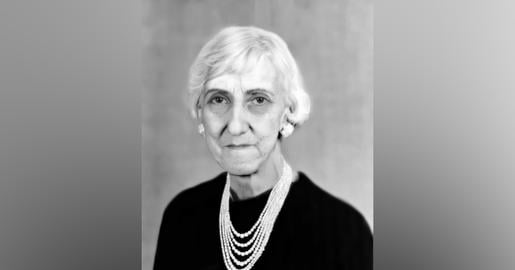


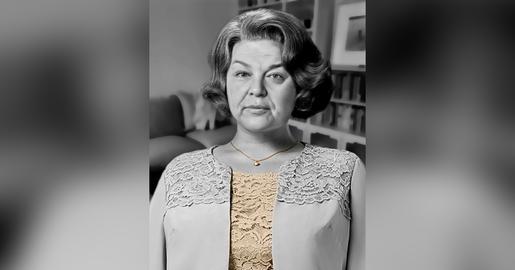
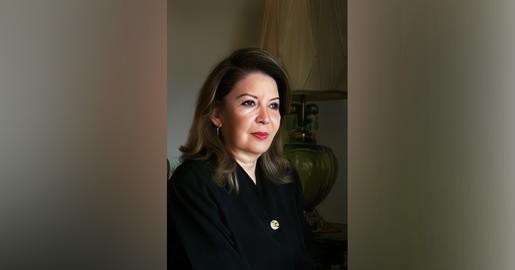

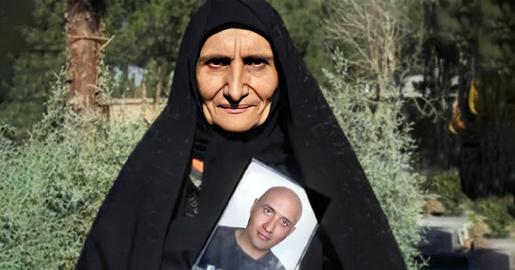

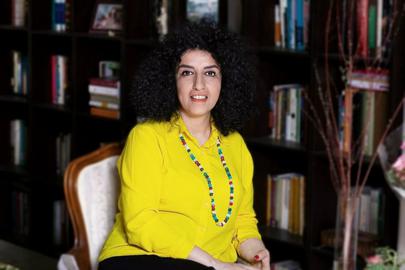

comments